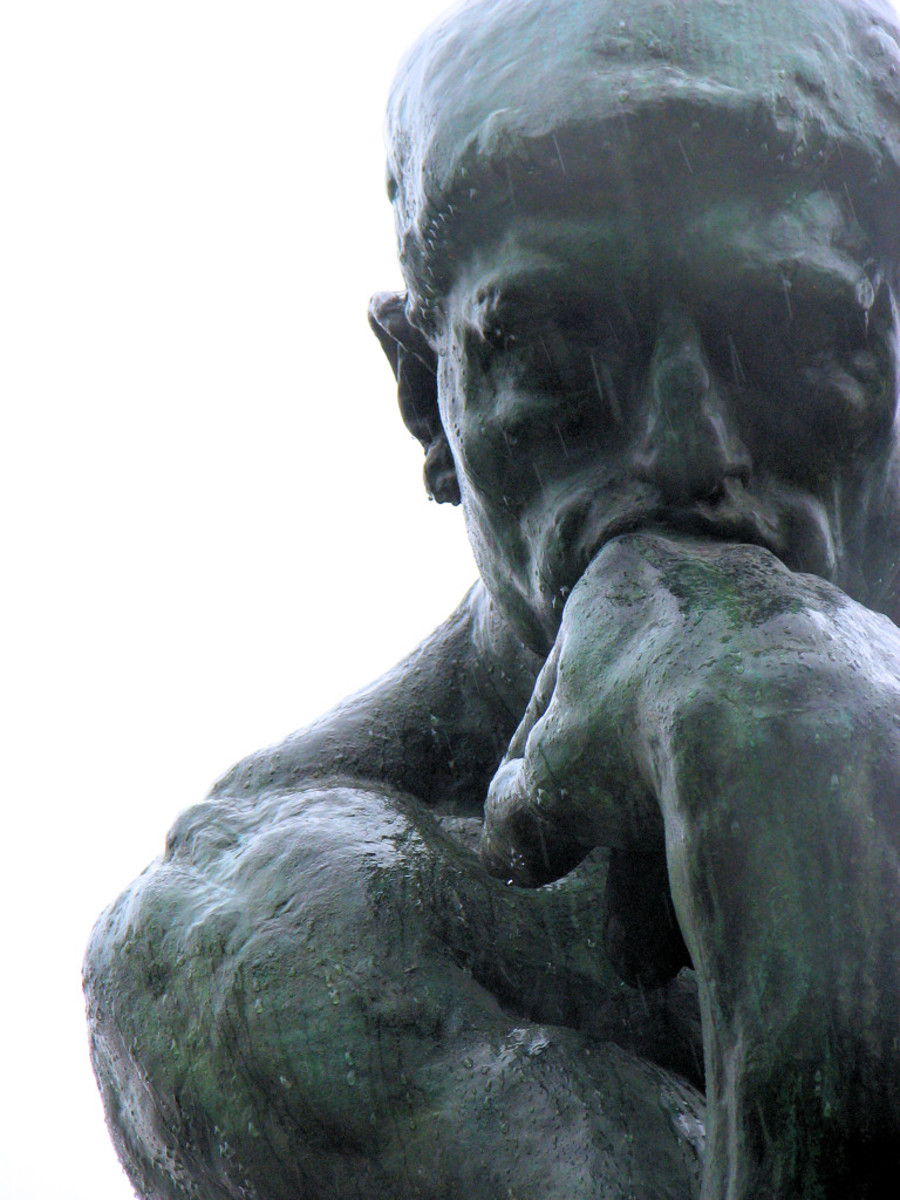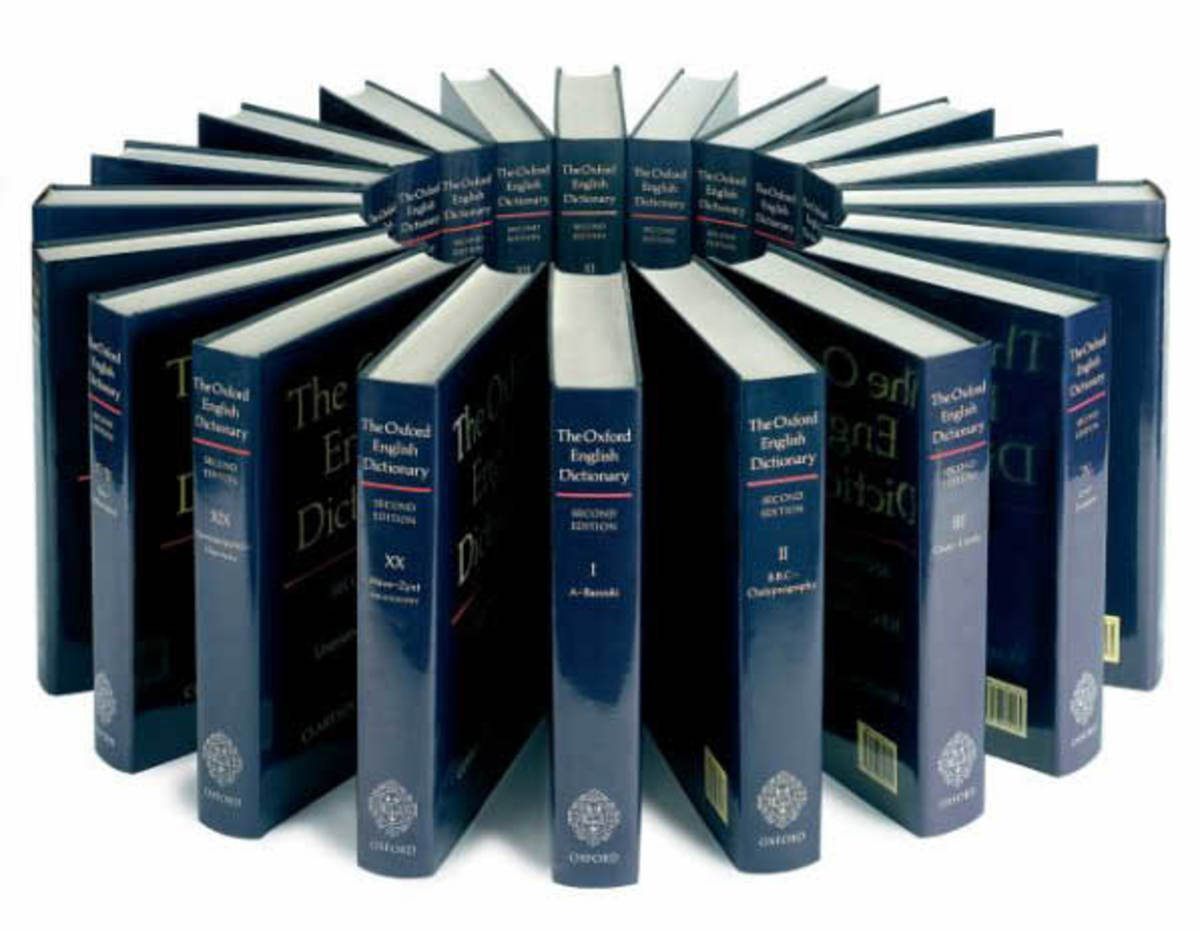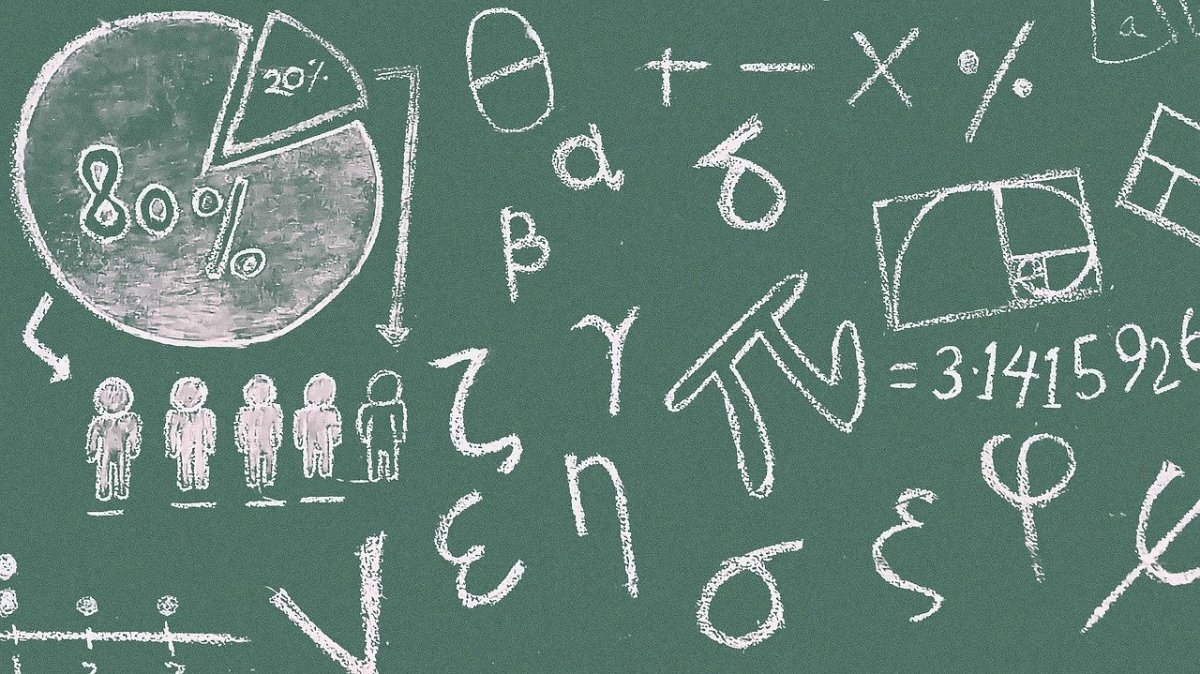Critical Thinking and The Internet
You Can't Believe Everything You See on the Web
Revised Nov 29, 2009 (first Published Nov 14, 2006)
Everyone has probably heard the reports by now that Wikipedia is not 100% accurate.
Now a November 13, 2006 entry, entitled How Trustworthy is the Web, in the Information Week blog describes how the author sat her eleven year old daughter down and attempted to double check the information her daughter obtained about “an obscure French explorer” from Wikipedia against other information on the web.
We Have Been Led to Believe What We Read
To the author's surprise most of the articles she found about the explorer with her Google search were simply copies of the Wikipedia entry.
The author then went on to discuss an Australian report that found that a Google search of 26 illnesses listed in the New England Journal (of Medicine?) resulted in the discovery that 60% of the articles found on the web accurately diagnosed the illness – of course 40% were incorrect.
This could have serious implications if your doctor did the Google search and used one of the articles from the 40% incorrect category to diagnose and treat you.
The author's point was that we put too much faith in the Internet for accurate information and, by implication, we need more safeguards.
The problem here, as I see it, is that, while the Internet is far from perfect, so are all of our other sources of information.
We have been led to believe that the information we received from books, newspapers, magazines, TV news, etc. has been carefully edited and is fully trustworthy. This is not true.
Fake Written Documents Are Common in Human History
History is full of accounts of outright forgeries, ranging from the Donation of Constantine (which Medieval Popes used as the basis for for forcing secular rulers to recognize the temporal powers they were claiming for the Church) in the early Middle Ages to the more recent Protocols of the Elders of Zion which anti-semites have used and continue to use as justification for attacks on Jews.
Sloppy research, careless editing, as well as deliberate attempts to twist and distort facts and events have been common in books and other print information throughout history right down to the present.
Even the venerable New York Times has been embarrassed recently by a reporter who simply wrote his stories off the top of his head, while Reuters and other news services were caught passing off old file photos from other conflicts to illustrate civilian casualties in the recent conflict in Lebanon.
Pierre Le Moyne Sieur d'Iberville

The Internet is Becoming a Giant Library and Archive Where Facts and Claims can be Checked
Given the sheer volume of information on the Internet, it doesn't surprise me that there is wrong information and that far too many web pages simply copy, without any attribution, material from other web pages. I have seen this when doing my own research on the web. But the only difference between the web and traditional media is that the web is bigger.
Projects like Google's book project will soon make all of the information in the world's libraries available to anyone anywhere in the world who has access to a computer and this will make it easier to cross check information.
Even without Google's publishing efforts, the amount of old books and documents already available on the web is huge and this is opening up and making available to individuals a far greater amount of human knowledge than the greatest of scholars have had in the past.
A case in point is the blog author's reference to an obscure French explorer which reminded me of the famous French Canadian explorer Pierre Le Moyne Sieur d'Iberville.
I first heard about him during a five minute broadcast about famous Canadians on a Toronto radio station. Later I read historian and author Thomas B. Costain's novel The Proud Tower which was a fictional account of d'Iberville and his brother Jean-Baptiste Le Moyne Sieur d'Bienville (the Frenchman who founded New Orleans).
In the forward to the book, Costain complained about the lack of hard information about d'Iberville, citing only two or three accounts that were available in the 1950s when he wrote the novel. Today there is considerable information available on the Internet, all extracted from libraries and archives throughout North America and Europe and published for all to see and use.
Better Education and Information Competition are the Answer
I think that it is better to leave the web alone and not try to regulate the information on it. This is not to say that gatekeepers and editors will not emerge as guardians of certain parts of the web. This would be good because such people are needed, so long as there is no attempt to guard and manage information on the entire web.
Free access by critics and competition from other gatekeepers and holders of other truths will help to keep all of the guards and editors honest.
As Lord Acton said power corrupts and absolute power corrupts absolutely. Therefore, it is better to keep the web decentralized and give everyone the chance to publish whatever they want. There are and will be plenty of critics to keep the purveyors of false information and half truths on their guard.
The thing that is really needed is improvements in education so that users of the Internet come to it with the critical thinking skills and solid foundation knowledge needed to enable them to judge and evaluate the information they obtain from the web.
Throughout history people have tried to protect other people from obtaining wrong information by restricting the information that was available.
Not only didn't the protections work, as people continued to make stupid mistakes regardless of the quality of information available to them, but the protections frequently ended up being used to protect those in power by blocking information that might threaten the rulers hold on power.
So let's stop worrying about the poor jerk down the street being misled by false information on the Internet and start educating ourselves and our children in how to critically evaluate what we find on the web.
Link to Original Blog Article Referenced in the Hub Above
- "How Trustworthy Is the Web?"
Original blog article I referenced in the Hub above.











